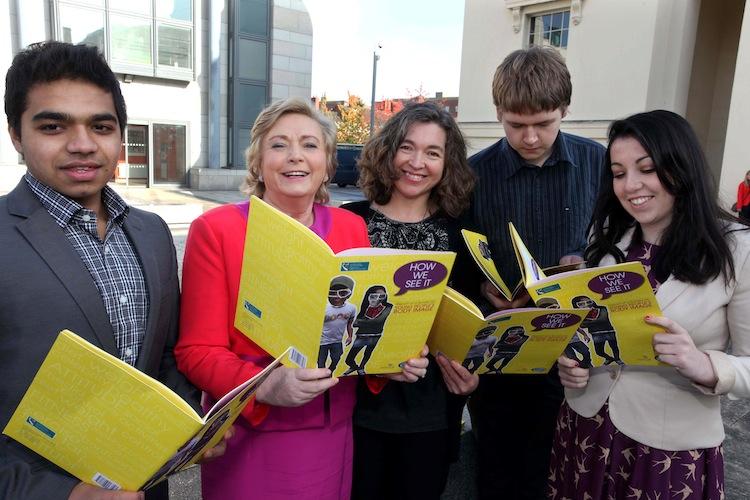The government has released an action plan for skills associated with Information and Communications Technology (ICT) where they lay out a road map for the collaboration between government, education and industry with the end goal of making Ireland a global leader in ICT talent.
According to the report itself, the government believes that “there are few drivers which will be more important to global job creation in the coming years than the development of ICT skills.”
They also believe that Ireland already has many strengths in this area from its current ICT enterprise base, which is both indigenous and multinational to the education system which were described as high quality and responsiveness. Another aspect that is currently thought to be an advantage is our workforce.
The government noted that because ICT changes so rapidly we therefore have to have a workforce that can respond to these changes, hence the collaborations with government and education ensure the workforce has access to education to keep skill levels up to date.
“We also recognise that Ireland is part of a global race for talent and that we are increasingly
competing for inward investment and export opportunities on the basis of the quality of our workforce.”
“This Action Plan builds on our strengths and is intended to meet the government’s ambition, set out in the Action Plan for Jobs that Ireland will become the most attractive location in the world for ICT Skills availability,” stated the government in their report.
The government believes that after extensively working with industry via ministerial consultation with industry representatives and the education sector, they now feel that they have heard first-hand the opportunities and challenges in the sector.
The Future
We know there is great potential for employment in ICT and as such many people are now doing courses in those areas. However, they night not be best suited because they don’t have any real interest or passion for ICT. Back in 2006, Eben Upton, Rob Mullins, Jack Lang and Alan Mycroft, based at the University of Cambridge’s Computer Laboratory, became concerned about the year-on-year decline in the numbers and skills levels of the A-Level students applying to read Computer Science. From a situation in the 1990s where most of the kids applying were coming to interview as experienced hobbyist programers, the landscape in the 2000s was very different; a typical applicant might only have done a little web design. They thus invented the Raspberry Pi, a tiny and affordable computer for kids. Other initiatives to help children develop an interest in ICT was CoderDojo.
Sarah Jane Madden CoderDojo champion (co-ordinator) for Ashbourne spoke to The Epoch Times about the project and how it aims to improve younger peoples’ coding skills and also provide an environment for skilled youngsters to meet other like-minded people.
Sarah whose day job is in Information Technology (IT) explained that local politician Regina Doherty came up with the idea and organised the space they use in Ashbourne’s library for the coding club which is based on the CoderDojo initiative from James Whelton in Cork.
The club is in existence just over one year; the club is held twice a month and has over 60 participants at times. They do basic coding like html and scratch from MIT. With Scratch, you can program your own interactive stories, games, and animations — and share your creations with others in the online community. Participants are aged between 8 and 15.
Other things they did last year to help the children understand more about computers is they got old computers that they can take apart and look inside. “The number of kids who are stuck in front of a laptop morning, noon and night and have no idea how it works is frightening … somebody has to know how it works underneath, so without frightening them we let them take a computer apart.”
Sarah says with this approach children, may learn how to fix things at this level and maybe in the future design them. “It was nice to see the sparkle in their eyes and they weren’t getting bored.”

